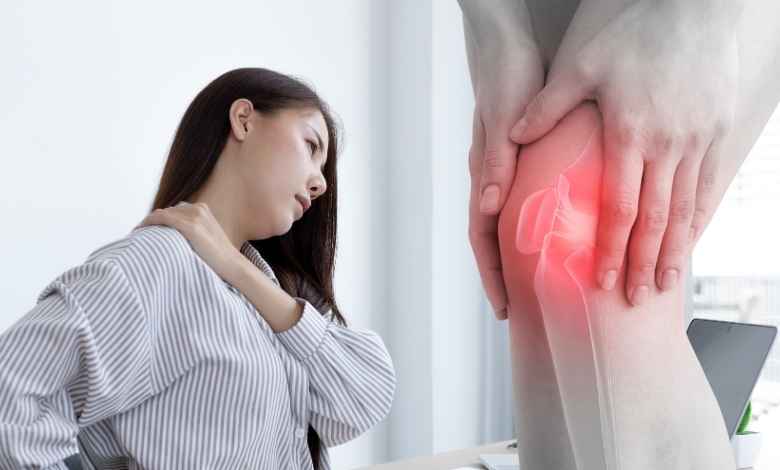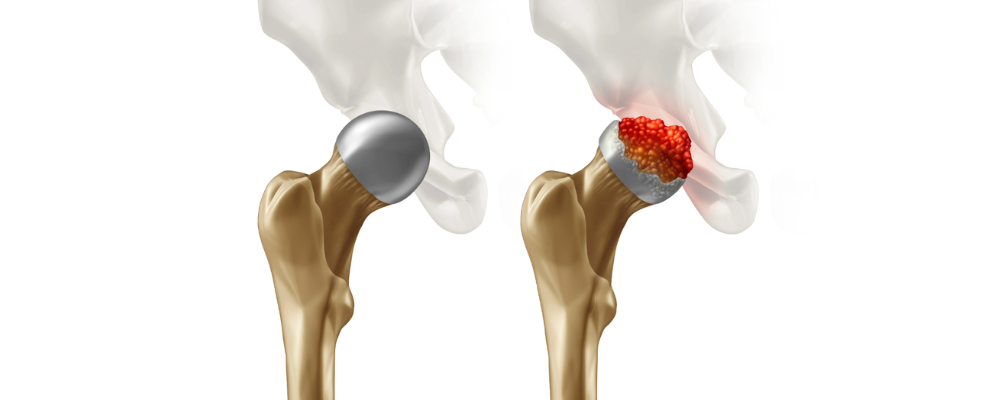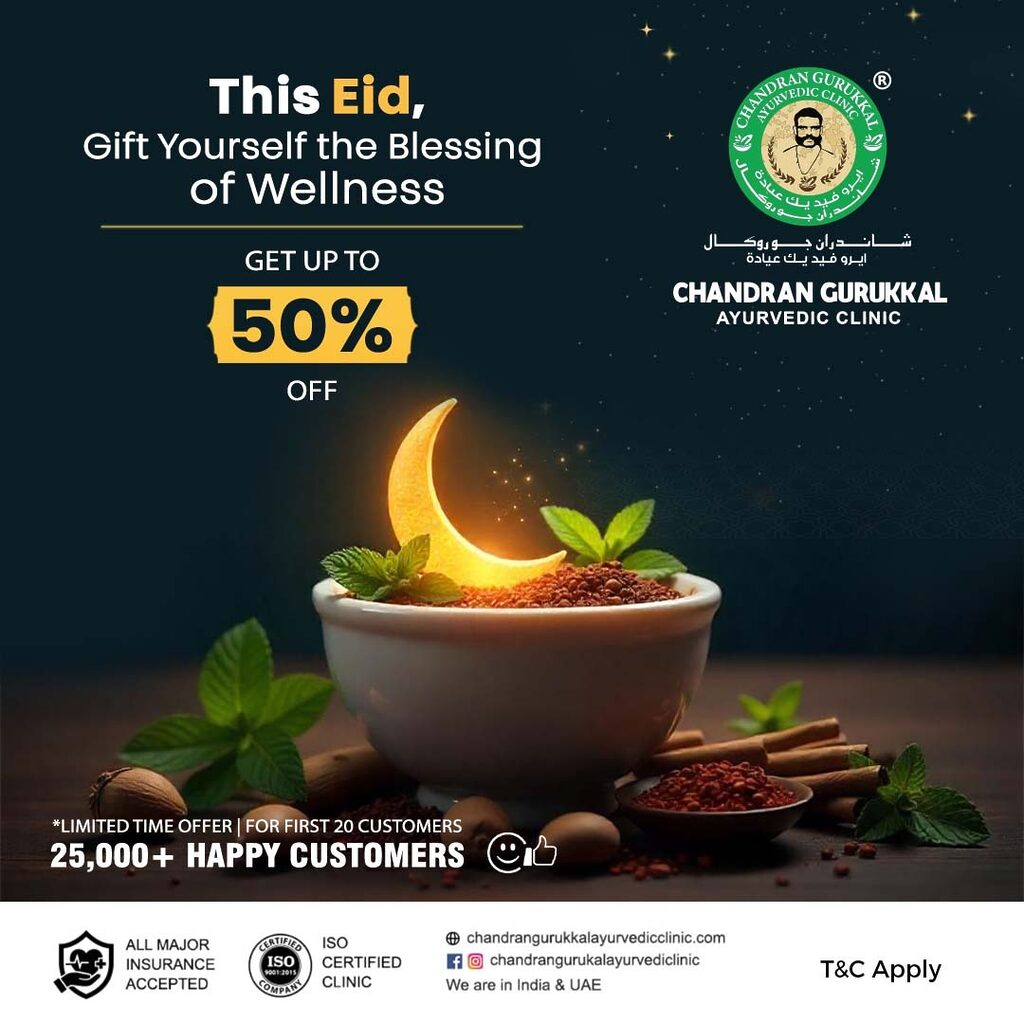Arthritis is a widespread condition that affects millions globally, causing joint pain, inflammation, stiffness, and reduced mobility. While modern medicine offers various treatment options, many individuals are turning to Ayurveda , India’s ancient system of holistic healing, for natural and long-term relief. In this guide, we explore effective strategies from Ayurveda for fast arthritis pain relief, foods to avoid, and how Chandran Gurukkal Ayurvedic Clinic provides personalized and integrative care for arthritis patients.
Understanding Arthritis Through the Lens of Ayurveda
In Ayurveda, arthritis is primarily linked to an imbalance in the Vata dosha , which governs movement, circulation, and dryness in the body. When Vata becomes aggravated, it leads to the accumulation of Ama (toxins) in the joints, resulting in pain, swelling, and stiffness.
Depending on the type of arthritis, imbalances in Pitta (heat and metabolism) or Kapha (heaviness and mucus formation) may also play a role. A proper diagnosis based on Prakriti (body constitution) helps determine the root cause and tailor treatment accordingly.
Foods to Avoid for Arthritis According to Ayurveda
Diet plays a crucial role in managing arthritis symptoms. Certain foods can aggravate the doshas and increase inflammation, worsening joint pain. Here are key foods to avoid:
1. Nightshade Vegetables
Tomatoes, potatoes, bell peppers, and eggplants are part of the nightshade family and may trigger inflammation in sensitive individuals. Ayurveda advises limiting these if they exacerbate symptoms.
2. Processed and Junk Foods
Foods high in preservatives, artificial additives, and unhealthy fats—such as chips, fried snacks, and packaged meals—can disrupt digestion and increase toxin buildup, worsening joint discomfort.
3. Red Meat
Red meat is considered heavy and difficult to digest, potentially increasing Ama in the body. Ayurveda recommends opting for lighter protein sources like lentils, legumes, and lean poultry.
4. Dairy Products
While dairy can be nourishing, it may contribute to mucus formation and inflammation, especially in those with Kapha dominance. Monitor your body’s response and reduce intake if necessary.
5. Refined Sugars and Carbohydrates
White bread, pastries, sugary beverages, and sweets can spike blood sugar levels, promoting systemic inflammation. These should be minimized to manage arthritis effectively.
Fast Relief Tips for Arthritis Pain Based on Ayurveda
Ayurveda emphasizes a holistic approach to pain management, combining herbal remedies, lifestyle practices, and therapeutic interventions. Here are some effective strategies for quick relief:
1. Herbal Remedies
Herbal support is central to Ayurvedic arthritis care:
- Turmeric : A potent anti-inflammatory herb; use in golden milk or as supplements.
- Ginger : Helps reduce joint swelling and improve digestion; great in teas or meals.
- Boswellia (Shallaki) : Known for its joint-protective properties and pain-relieving effects.
These herbs can be taken individually or in combination under professional guidance.
2. Warm Oil Massages
Massaging affected joints with warm herbal oils such as sesame oil , castor oil , or Mahanarayan oil improves circulation, reduces stiffness, and soothes pain. Regular Abhyanga (therapeutic massage) is highly recommended.
3. Yoga and Gentle Exercise
Gentle yoga postures like Cat-Cow, Cobra Pose, and Mountain Pose help maintain joint flexibility and strengthen surrounding muscles. Consistent practice enhances mobility and reduces pain over time.
4. Anti-Inflammatory Diet
Incorporate the following into your daily meals:
- Omega-3 rich foods : Flaxseeds, chia seeds, walnuts
- Green leafy vegetables : Spinach, kale, methi (fenugreek)
- Healing spices : Turmeric, ginger, cinnamon
These foods naturally reduce inflammation and support joint health.
5. Ayurvedic Detoxification (Panchakarma)
Periodic detox through Panchakarma therapies helps eliminate accumulated toxins and restore balance to the doshas. Therapies like Basti (medicated enema) and Nasya (nasal cleansing) are particularly beneficial for arthritis.
6. Stay Hydrated
Proper hydration is essential for maintaining joint lubrication. Drink warm water throughout the day and consider herbal teas like ginger or tulsi for added benefits.
7. Stress Management
Stress can intensify pain perception. Incorporate calming practices like meditation , pranayama (breathing exercises) , and mindfulness to promote emotional and physical well-being.
How Chandran Gurukkal Ayurvedic Clinic Treats Arthritis
At Chandran Gurukkal Ayurvedic Clinic , we offer a comprehensive and individualized approach to arthritis care. Our treatments are rooted in classical Ayurvedic principles and supported by modern diagnostic tools, ensuring both safety and efficacy.
Personalized Consultation
Each patient undergoes a detailed consultation to assess their dosha constitution , current imbalances, medical history, and lifestyle. This allows us to create a tailored treatment plan suited to the individual.
Panchakarma Therapy
Our clinic specializes in detoxification and rejuvenation therapies designed to cleanse the body and revitalize the joints:
- Abhyanga (Oil Massage)
- Swedana (Herbal Steam Therapy)
- Basti (Medicated Enema)
- Nasya (Nasal Administration of Medicinal Oils)
These therapies work synergistically to remove toxins, enhance circulation, and relieve joint pain.
Ayurvedic Herbal Formulations
We prescribe customized herbal medicines based on each patient’s needs. Commonly used formulations include:
- Ashwagandhadi Lehyam – for joint strength and immunity
- Rasna Saptaka Kwath – for reducing inflammation
- Guggulutiktaka Ghrita – for detoxifying and balancing Vata
All medicines are prepared using traditional methods and pure ingredients.
Diet and Lifestyle Counseling
We provide clear dietary guidelines and lifestyle recommendations to support healing from within. This includes seasonal routines (Ritucharya), sleep hygiene, and activity planning.
Yoga and Physiotherapy
Under expert supervision, patients receive personalized yoga routines and gentle physiotherapy to improve joint function, muscle strength, and posture.
Conclusion
Arthritis doesn’t have to mean a life of chronic pain and limited mobility. With the wisdom of Ayurveda, you can take meaningful steps toward managing symptoms naturally and improving overall joint health.
By avoiding inflammatory foods, incorporating herbal remedies, practicing gentle movement, and embracing Ayurvedic detox therapies, you can experience lasting relief. At Chandran Gurukkal Ayurvedic Clinic , our mission is to guide you on this healing journey with compassion, expertise, and a deep understanding of Ayurvedic science.
If you’re seeking a natural, holistic approach to arthritis management, consider exploring Ayurvedic treatment at Chandran Gurukkal Ayurvedic Clinic —where tradition meets innovation for better health outcomes.





